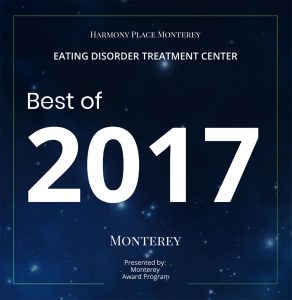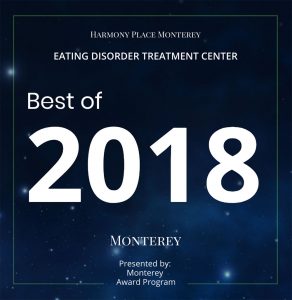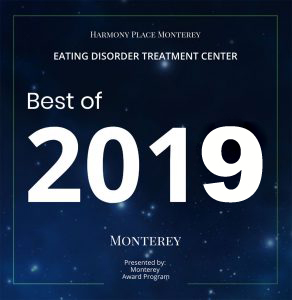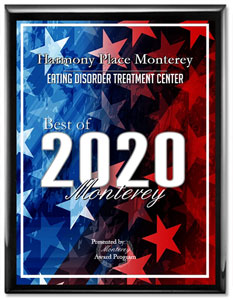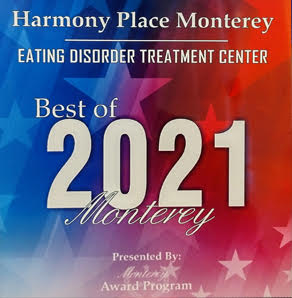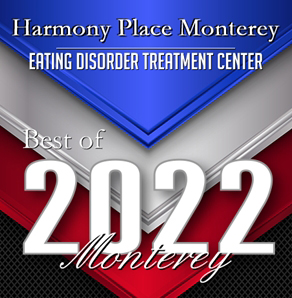PTSD and Trauma can occur in response to extreme experiences that overwhelm an individual’s coping resources. It’s often a sudden and destructive onslaught that a person cannot process at the time. The nature of such events typically involves a sense of threat to a person’s life or physical integrity. Later a person may experience intrusive thoughts, images, or recollections of the experience. Sleep is often disrupted. The person may avoid circumstances that remind them of what happened or trigger them to remember. Harmony Place offers PTSD Treatment and Trauma therapy with our experts.
We treat all First Responders, including: Police, Enlisted Military, Veterans, Firefighters & Emergency Responders
- Adverse Child Events
- Alcohol or Drug Usage
- Family Member Imprisoned
- Mental illness in Family
- Sibling Treated Violently
- Absent Parent
- Emotional or Physical Abuse
- Lack of Affection in Caretakers


